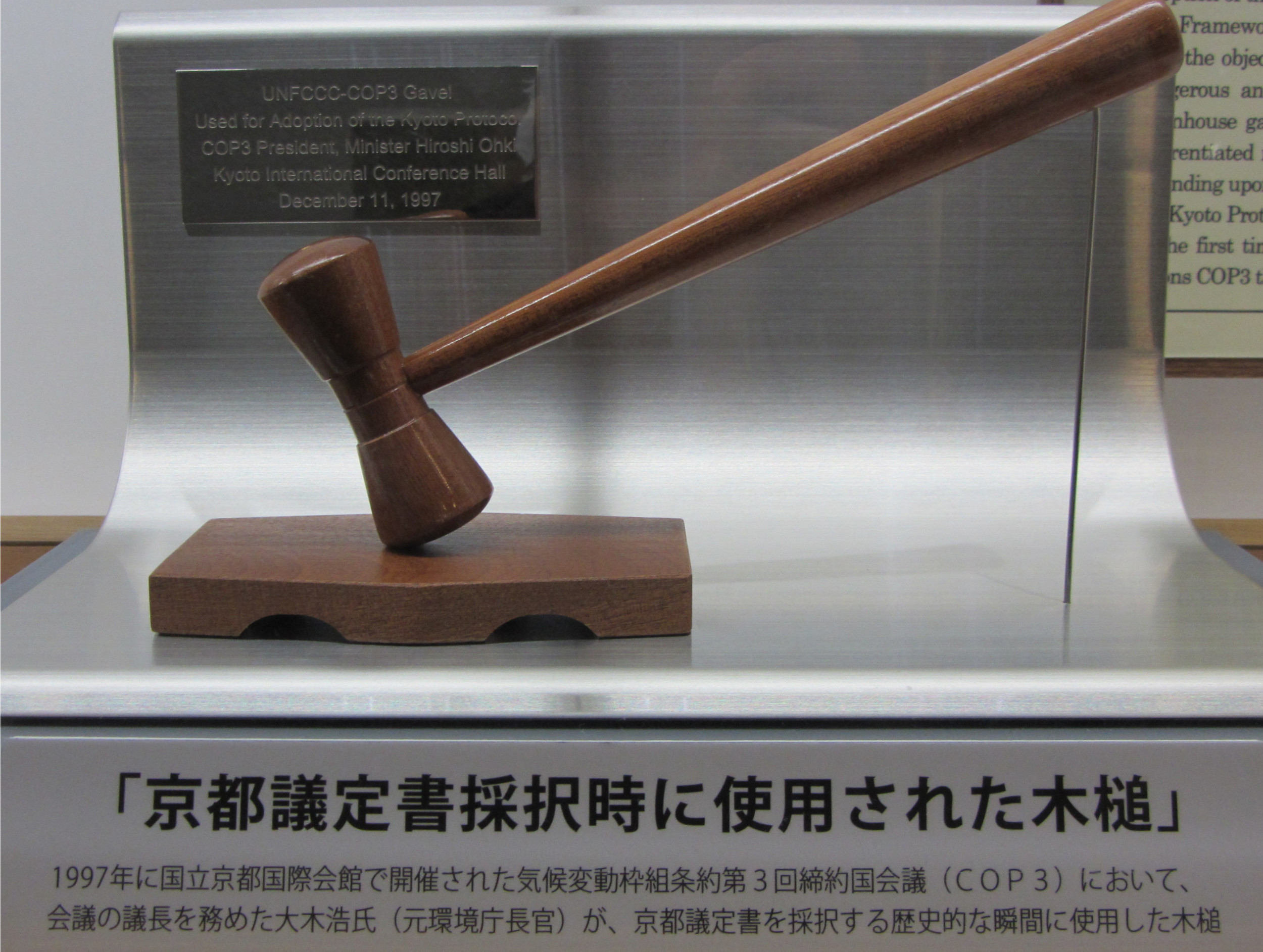A new report translates the key scientific findings and policy observations from the IPCC’s Special Report on Global Warming of 1.5°C (SR1.5) for officials and policymakers of the world’s cities and urban areas. The Summary Report for Urban Policymakers: What the IPCC Special Report on Global Warming of 1.5° Means for Cities was released this week at COP24 in Katowice. While SR1.5 identifies cities and urban areas as one of four critical global systems that can accelerate and upscale climate action; this new summary report provides urban stakeholders access to the most advanced science on why the transition to a 1.5°C world is necessary and how it can be achieved.
In cities and urban areas there are actions that policymakers can take along with residents and stakeholders to help limit warming and adapt to the impacts of climate change. The Summary Report for Urban Policymakers dives deeper into these actions, making sure that ideas are clear for those who could put them into practice. It introduces future pathways, possible impacts, and routes forward; explains why cities matter, including the necessary transitions, technological innovations and lifestyle changes required to meet the 1.5°C target; considers if the urban transition is feasible; details how the urban transition can be enabled, as through policies and engagement; and looks into how to pay for it.
The conclusion is that an opportunity exists for urban policymakers to play a key role in adapting to and driving solutions to climate change, but fast action must take place over the next two decades, and urban policymakers cannot do it alone. All sections and levels of government must work in an integrated way to allow for the urban transition required to limit warming to 1.5°C. Action at the city, state, and regional levels is specifically recommended for urban energy systems, buildings, transport and urban planning, green infrastructure, sustainable land use, and water management; co-benefits of improved public health and reduced air pollution are also highlighted.
The report was released along with an open letter to urban policymakers, written by a group of ten sustainability-focused city-networks, associations and non-governmental organizations and international organizations.






